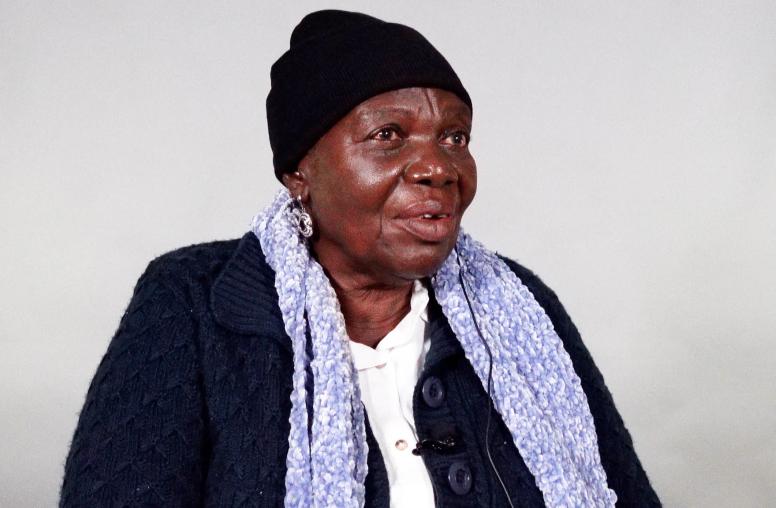Social Media Reporting and the Syrian Civil War
The “fog of war” that once obscured our view of conflict zones is quickly giving way to rich information environments due to vast amounts of social media data emerging from these places. But in places like Syria, where traditional news journalists have had little or no access, we have become increasingly dependent on these sources. USIP's Anand Varghese examines the implications of this trend for the field of peacebuilding.
Summary
- The lack of traditional reporting and verifiable journalistic reports about the ongoing conflict in Syria has led to an increased dependence on social media as a source of news. But assessing the veracity of these reports has proven extremely difficult, creating consistent distortions of Syria’s on-the-ground reality.
- The large amounts of social media data emerging from conflict zones like Syria and new data analysis tools have the potential to help overcome these distortions.
- Despite this enthusiasm, a number of conceptual and practical hurdles remain before these tools can create reliable predictive models of conflict dynamics.
About This Brief
This Peace Brief is based on an experts’ meeting co-hosted by USIP’s Center of Innovation for Science, Technology & Peace building as part of its ongoing Blogs & Bullets initiative. Held at Stanford University on April 17th, 2013, the workshop used the ongoing conflict in Syria as a focal point to discuss the increasingly prevalent distortions in social media reports emerging from conflict zones.The meeting examined how new data flows and analytical tools can be used to address these issues and other broader challenges in the peacebuilding field. The author, Anand Varghese, is a senior program specialist in USIP’s Center of Innovation for Science, Technology & Peacebuilding.



